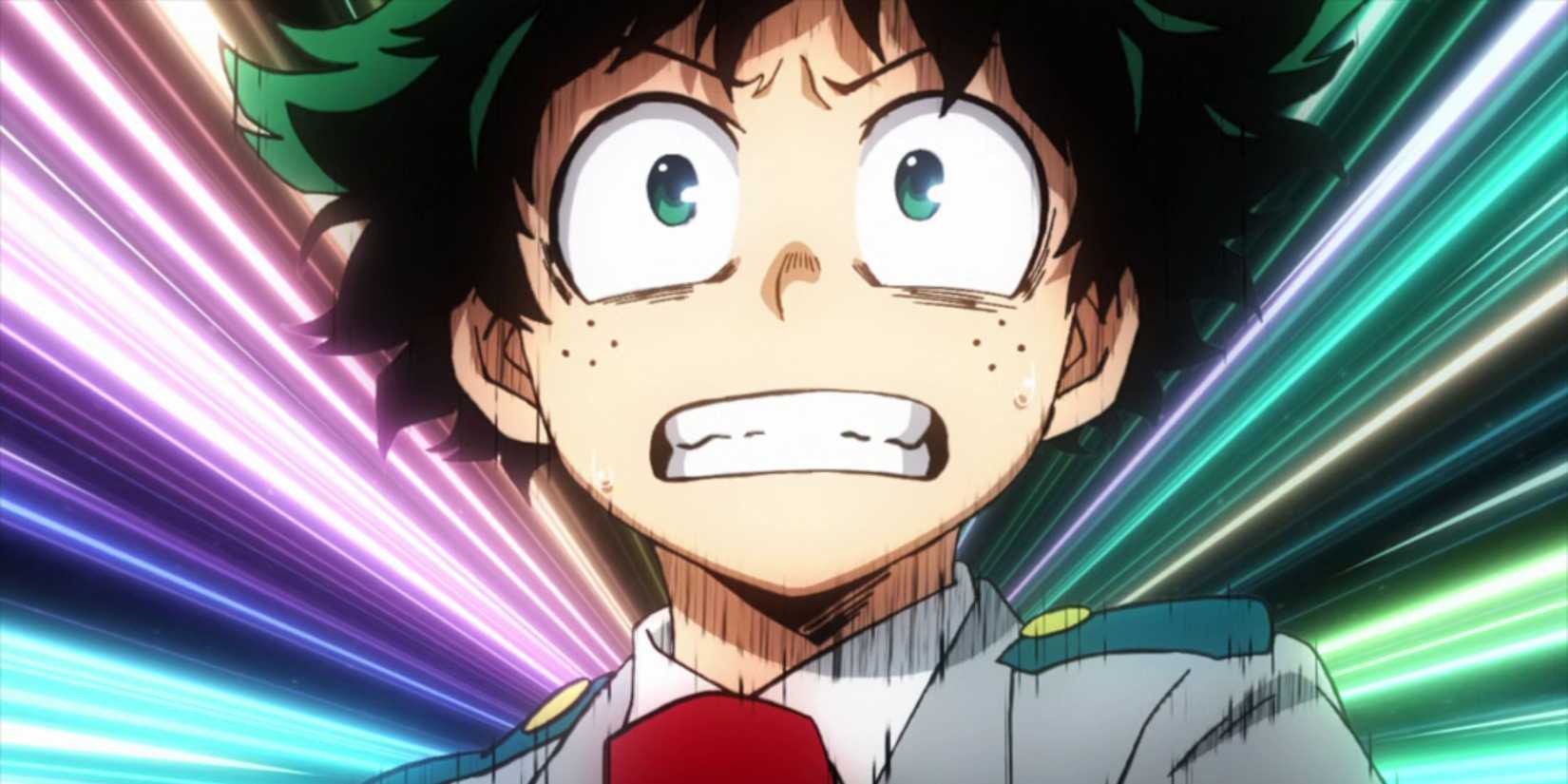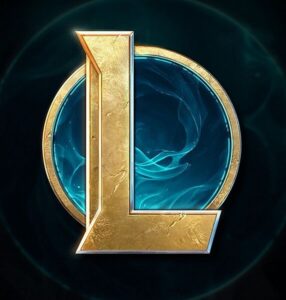Final Stand: Rumors Point to a Shorter Episode Count for My Hero Academia Season 8
Popular Now
 NBA 2K24
NBA 2K24
 Minecraft
Minecraft
 Warframe
Warframe
 Schedule I
Schedule I
 CarX Street
CarX Street
 Sonic the Hedgehog™ Classic
Sonic the Hedgehog™ Classic
 Free Fire
Free Fire
 Rust
Rust
 Genshin Impact
Genshin Impact
 As the curtains prepare to fall on one of the biggest anime series of the last decade, a new wave of speculation is gripping the community. With the official premiere date for My Hero Academia Season 8 now confirmed for October 4, 2025, fans are eagerly awaiting every detail about the final installment. However, a series of recent leaks and broadcast schedules have led to a highly debated rumor: the final season may be significantly shorter than its predecessors, with a potential episode count of only 11. While this news has been met with both disappointment and cautious optimism, it has sparked an important conversation about pacing, production quality, and the challenges of adapting a completed manga.
As the curtains prepare to fall on one of the biggest anime series of the last decade, a new wave of speculation is gripping the community. With the official premiere date for My Hero Academia Season 8 now confirmed for October 4, 2025, fans are eagerly awaiting every detail about the final installment. However, a series of recent leaks and broadcast schedules have led to a highly debated rumor: the final season may be significantly shorter than its predecessors, with a potential episode count of only 11. While this news has been met with both disappointment and cautious optimism, it has sparked an important conversation about pacing, production quality, and the challenges of adapting a completed manga.
For years, Studio Bones has maintained a consistent 25-episode season length for My Hero Academia, a format that has allowed the story to breathe and adapt multiple manga arcs. This standard has led many to assume the final season would follow suit. However, as the manga by Kohei Horikoshi recently reached its conclusion, the amount of remaining source material is a key factor in the anime’s production. This article will examine the leaks that have fueled the 11-episode rumor, analyze the implications for the anime’s pacing and story, and discuss why a shorter season might not be the worst thing for the highly anticipated finale.
 The Evidence: Leaks and Broadcast Schedules
The Evidence: Leaks and Broadcast Schedules
The rumor about My Hero Academia Season 8’s episode count stems from a specific piece of information circulating online, primarily on Japanese television schedules and anime news sites. The most compelling piece of evidence is the announced broadcast schedule of a different anime series, Blue Miburo Season 2, which is set to premiere in the same timeslot as My Hero Academia on December 20. This timing strongly suggests that the final season would have to conclude by that date, giving it an 11-week broadcast window from its October 4 premiere.
This is not a new practice for anime production committees, which often plan their programming far in advance. The number of available broadcast slots on a given network is finite, and the schedule for a new show often provides a strong indication of the length of the one it’s replacing. While an official announcement from Studio Bones or the series’ production committee has not been made, this kind of scheduling leak is often a reliable indicator of an anime’s episode count before official confirmation. It mirrors similar situations that have occurred with other major anime series in the past.
Manga Pacing and the Final Arc
The core of the debate, however, lies in the manga’s remaining content. The final chapters of My Hero Academia’s manga, particularly the “Final War” and “Epilogue” arcs, are widely known for their rapid pace and action-heavy nature. While the final act of the manga contains some of the most epic and emotional moments in the series, many fans felt that certain plot points and character resolutions were rushed. The anime adaptation has a unique opportunity to address this by adding new, anime-original content to flesh out these crucial moments.
If the final season is indeed only 11 episodes long, it would mean that each episode would need to adapt approximately 2-3 manga chapters, a pace that is consistent with previous seasons. However, the density of the final chapters, filled with multiple simultaneous battles and character confrontations, could make it a challenge to adapt effectively without feeling rushed. A shorter episode count could potentially limit Studio Bones’ ability to add the extra scenes and moments of character development that many fans have been hoping for.
On the other hand, some fans argue that a shorter, more focused season might be a good thing. With less time to fill, the production could avoid filler content and maintain a high level of animation quality throughout. The shorter length could ensure that the animation budget and creative focus are poured into the most important moments of the finale, ensuring that climactic battles, such as Deku vs. Shigaraki, are given the high-octane spectacle they deserve. It’s a classic case of “quality over quantity,” a trade-off that many in the anime industry are forced to make to deliver a visually impressive product.
 The Broader Impact on the Franchise
The Broader Impact on the Franchise
The episode count for My Hero Academia’s final season has wider implications for the future of the franchise. A shorter season could lead to the production of a final movie to wrap up any loose ends or to provide a celebratory cinematic conclusion. This is a strategy that has been successfully used by other franchises, such as Demon Slayer and Jujutsu Kaisen, to deliver a truly monumental finale. While a shorter season for TV might feel like a letdown to some, the prospect of a grand theatrical release would be an exciting trade-off.
Furthermore, the finale of the TV series will coincide with a period of expansion for the franchise, including the ongoing production of the My Hero Academia: Vigilantes anime. This strategic release schedule ensures that even after the main series concludes, the My Hero Academia brand remains active and continues to generate excitement and revenue for Shueisha and Toho. The final season’s length, therefore, may be a deliberate part of a larger, long-term plan to ensure the franchise’s continued success.
While the rumor of an 11-episode final season is unconfirmed, the circumstantial evidence is strong. As the premiere date draws closer, the debate will continue to rage among fans. Whether Studio Bones delivers a short but visually stunning conclusion or surprises everyone with a full-length season remains to be seen. What is certain is that the final act of Izuku Midoriya’s story is one of the most anticipated events in modern anime, and the world is watching to see how the story of the Number One Hero truly concludes. The speculation around the episode count is a testament to how deeply invested fans are in every detail of the final arc, and it highlights the immense pressure on the creators to deliver a satisfying and unforgettable ending.








